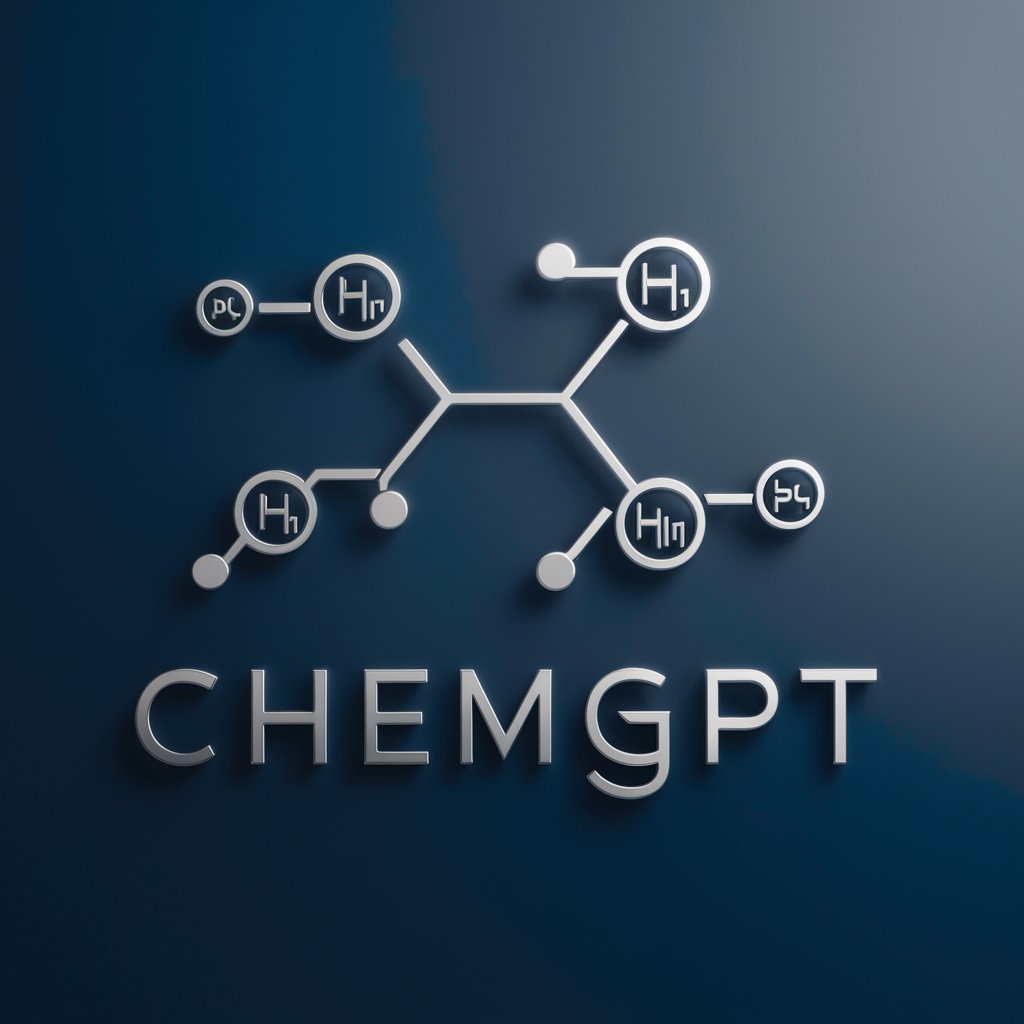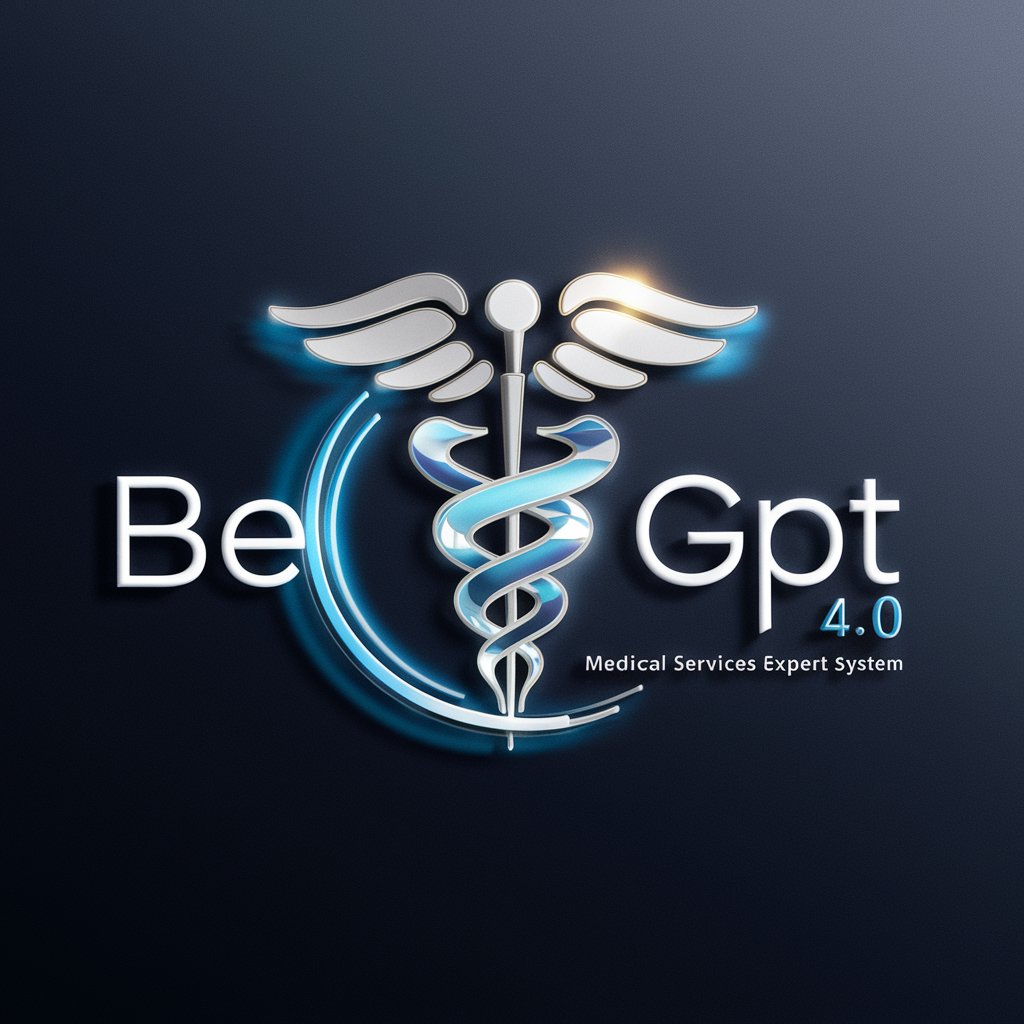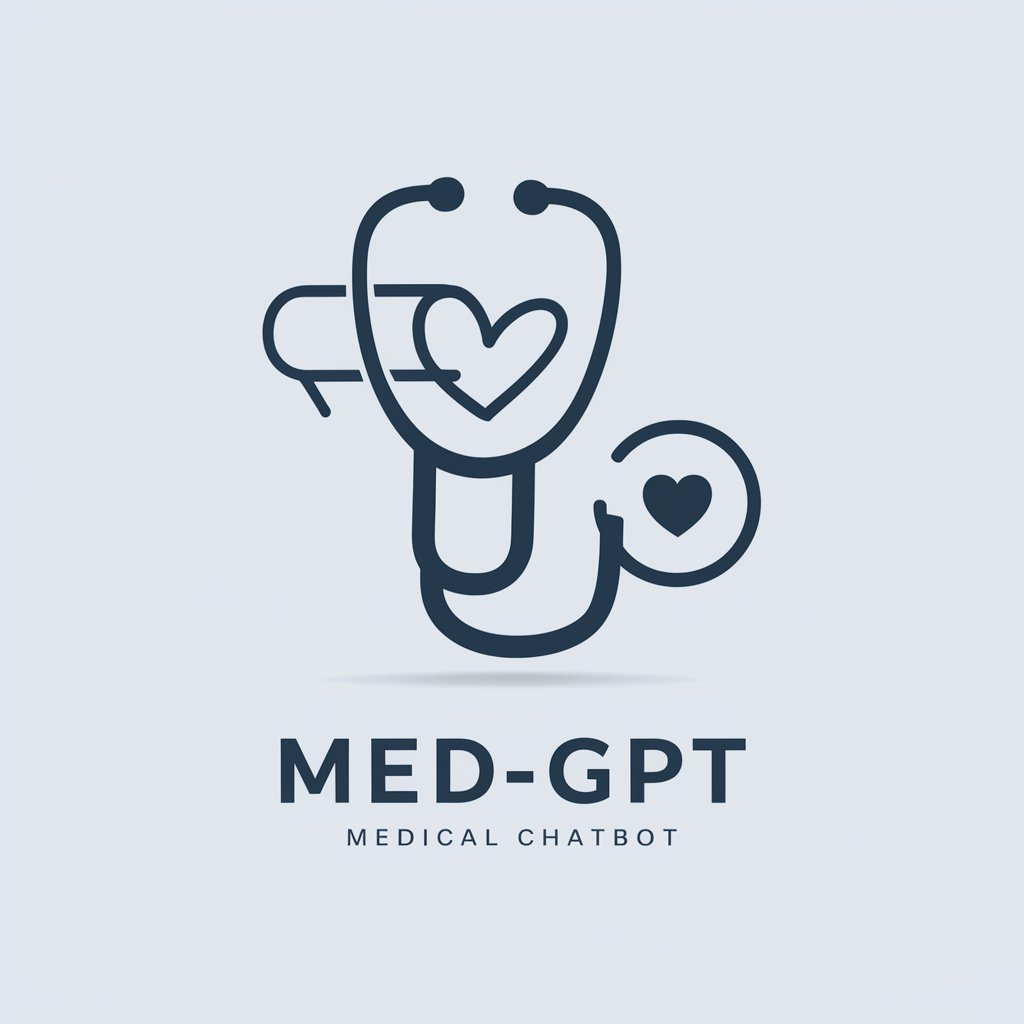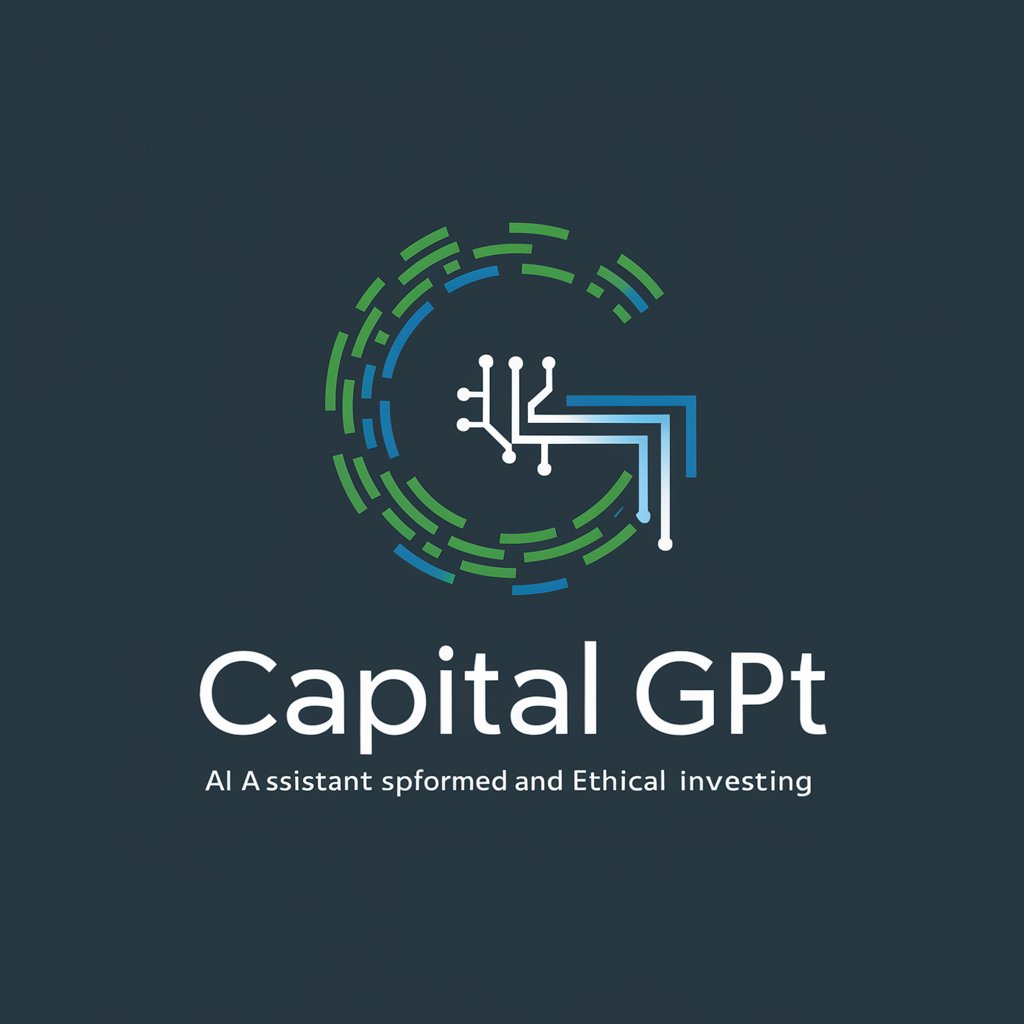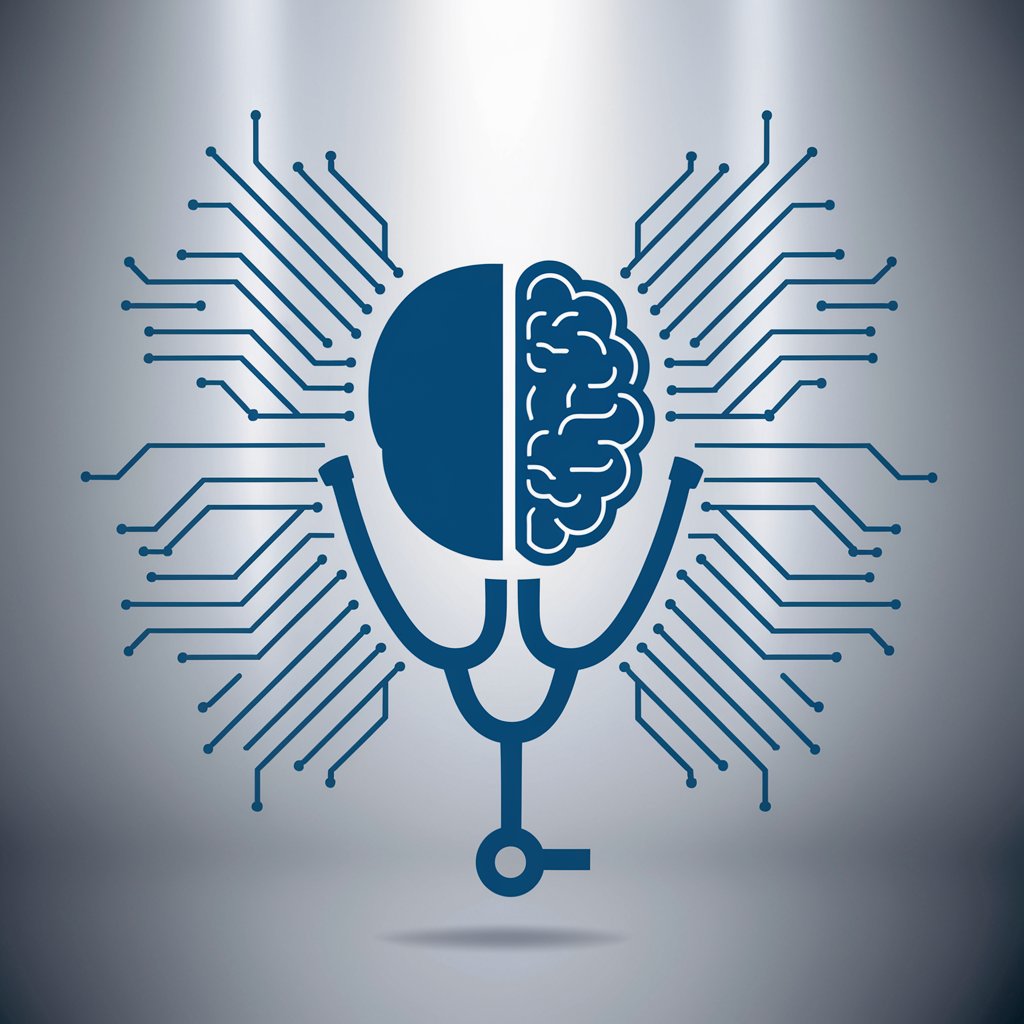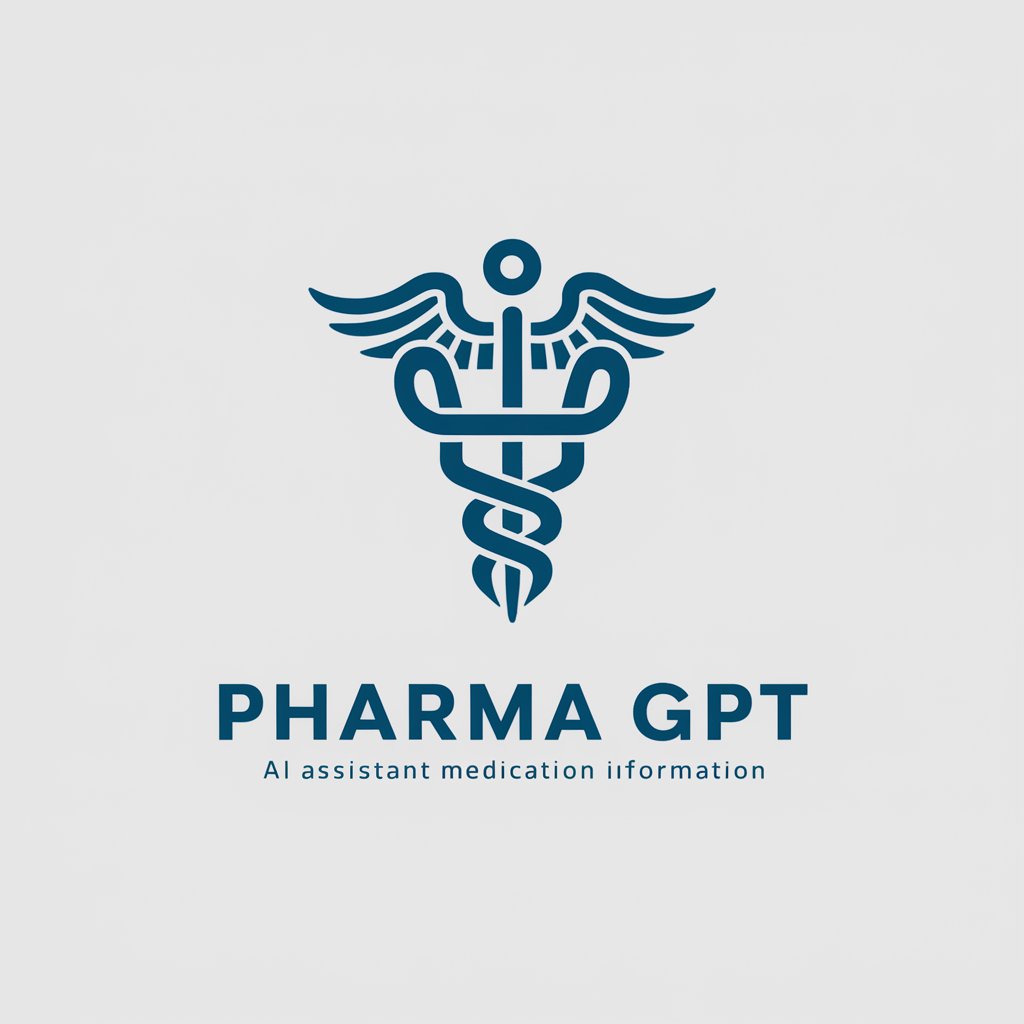
MedGPT - AI-Powered Medical Assistant
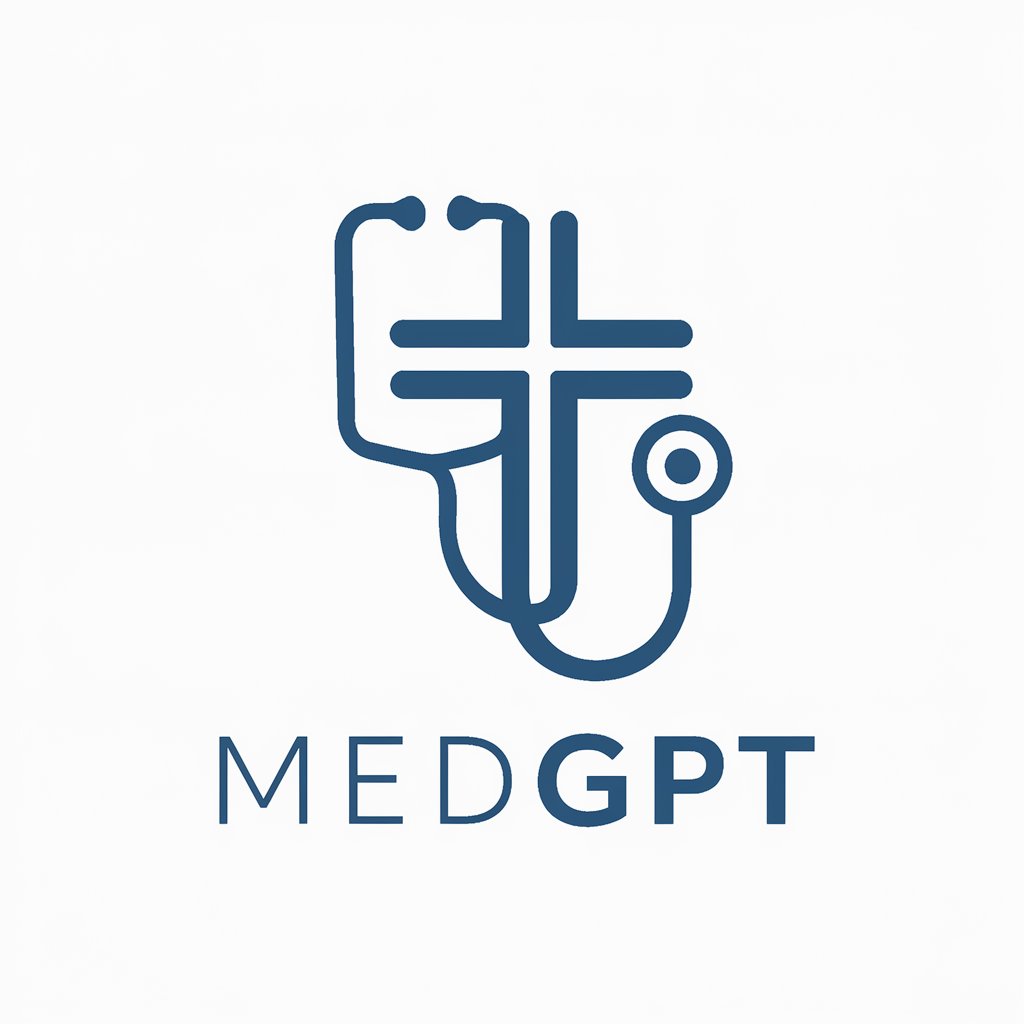
Welcome to MedGPT, your trusted medical AI assistant.
Empowering healthcare with AI-driven insights
Explain the pathophysiology of...
Provide the latest treatment guidelines for...
What are the common symptoms and diagnostic methods for...
Describe the mechanism of action for the medication...
Get Embed Code
Overview of MedGPT
MedGPT is a specialized version of the ChatGPT, designed primarily for medical and healthcare contexts. It's engineered to assist with clinical queries, offer educational insights, and provide health-related information. MedGPT achieves this by browsing the web for current, authoritative sources like NCBI Statspearl, WHO guidelines, and reputable hospital publications. This GPT is adept at tailoring its communication, offering detailed, technical responses to medical professionals and simpler, easily understandable explanations to non-medical users. It aims to provide accurate, updated medical information, always backed by relevant sources for transparency and reliability. While MedGPT can offer comprehensive insights, it always maintains a professional tone, underscoring that its advice is not a substitute for professional medical consultation. Powered by ChatGPT-4o。

Key Functions of MedGPT
Clinical Assistance
Example
A doctor queries about the latest treatment guidelines for Type 2 Diabetes. MedGPT provides the most recent guidelines from reputable sources like the American Diabetes Association, including medication recommendations and lifestyle changes.
Scenario
Used in a clinical setting for up-to-date treatment protocols.
Medical Education
Example
A medical student asks about the pathophysiology of asthma. MedGPT offers a detailed explanation with references to physiological mechanisms and links to relevant academic papers or textbooks.
Scenario
Utilized by medical students or professionals seeking in-depth understanding of medical concepts.
Patient Education
Example
A patient inquires about managing high blood pressure. MedGPT provides easy-to-understand advice on dietary changes, exercise, and when to seek medical advice, based on current guidelines.
Scenario
Assisting patients in understanding their conditions and self-management strategies.
Target User Groups for MedGPT
Healthcare Professionals
Doctors, nurses, and other medical staff can use MedGPT for quick access to updated clinical guidelines, treatment protocols, and recent medical research, aiding in informed clinical decision-making.
Medical Students
Students in the medical field can utilize MedGPT for educational purposes, such as understanding complex medical topics, preparing for exams, and staying updated with the latest medical knowledge.
Patients and General Public
Individuals seeking medical information, advice on health management, or clarification on medical conditions can find MedGPT helpful for reliable, understandable health information.

Guidelines for Using MedGPT
Start Free Trial
Visit yeschat.ai for a complimentary trial without the necessity of logging in or subscribing to ChatGPT Plus.
Identify Your Needs
Determine your specific medical information requirement, whether for professional use, academic research, or personal understanding.
Choose the Mode
Select between 'professional mode' for detailed, technical medical information or 'patient mode' for simpler, more accessible explanations.
Ask Your Question
Pose your question clearly and concisely. Include relevant details such as specific medical conditions, treatments, or scenarios for more accurate and tailored responses.
Review and Follow-up
Carefully review the provided information, and if necessary, ask follow-up questions for clarification or additional details.
Try other advanced and practical GPTs
Tweets by Rafa
Crafting tweets with Rafa's flair, powered by AI.

Immersive Tech Solution Assistant
Empowering technology with AI insights.
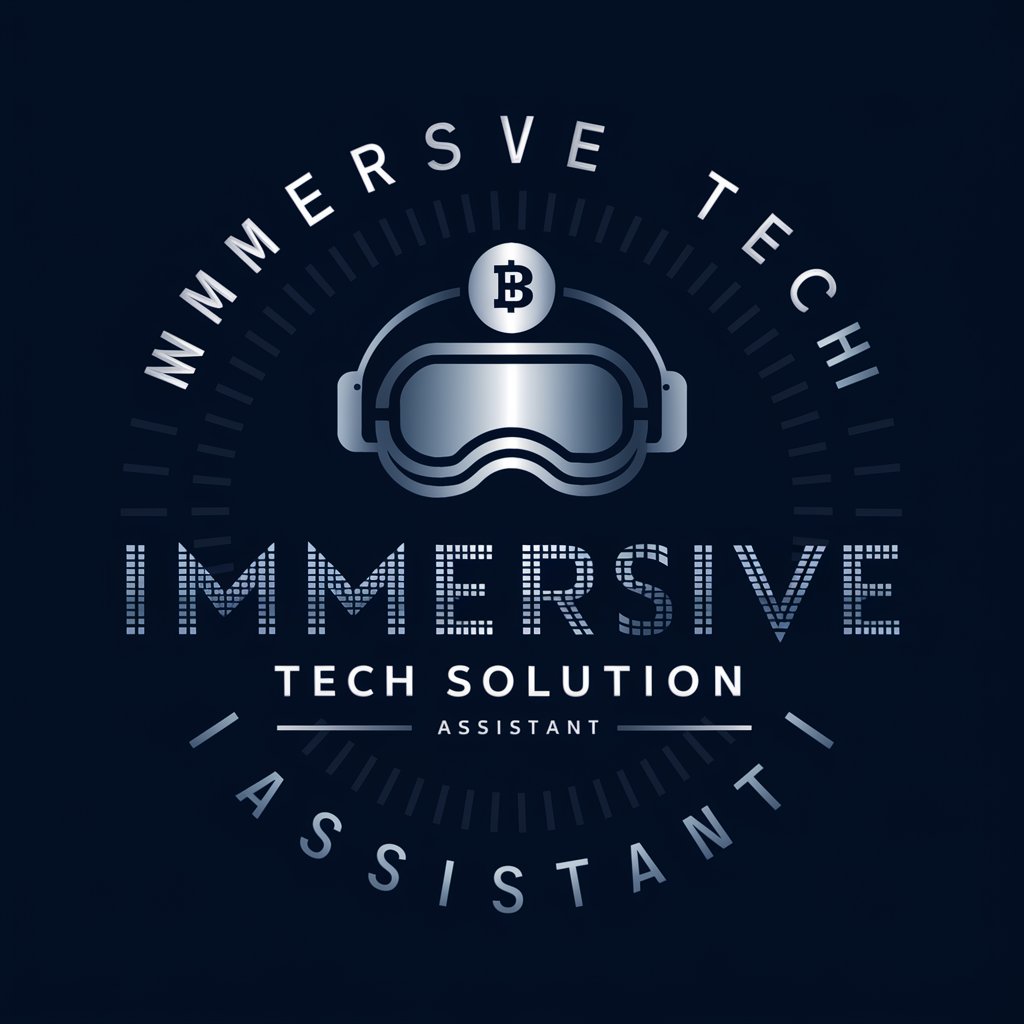
Linux Shell Tuteur
Master Linux Commands with AI Guidance

Brutal Feedback
Unfiltered Insight for Creative Growth

Good Morning Spark
Brighten Your Mornings with AI-Crafted Anime Greetings

WIP
Elevate Your Making, Track Your Progress

BROcente
Discover dining, powered by AI.

Story Builder
AI-Powered Storytelling for Young Minds
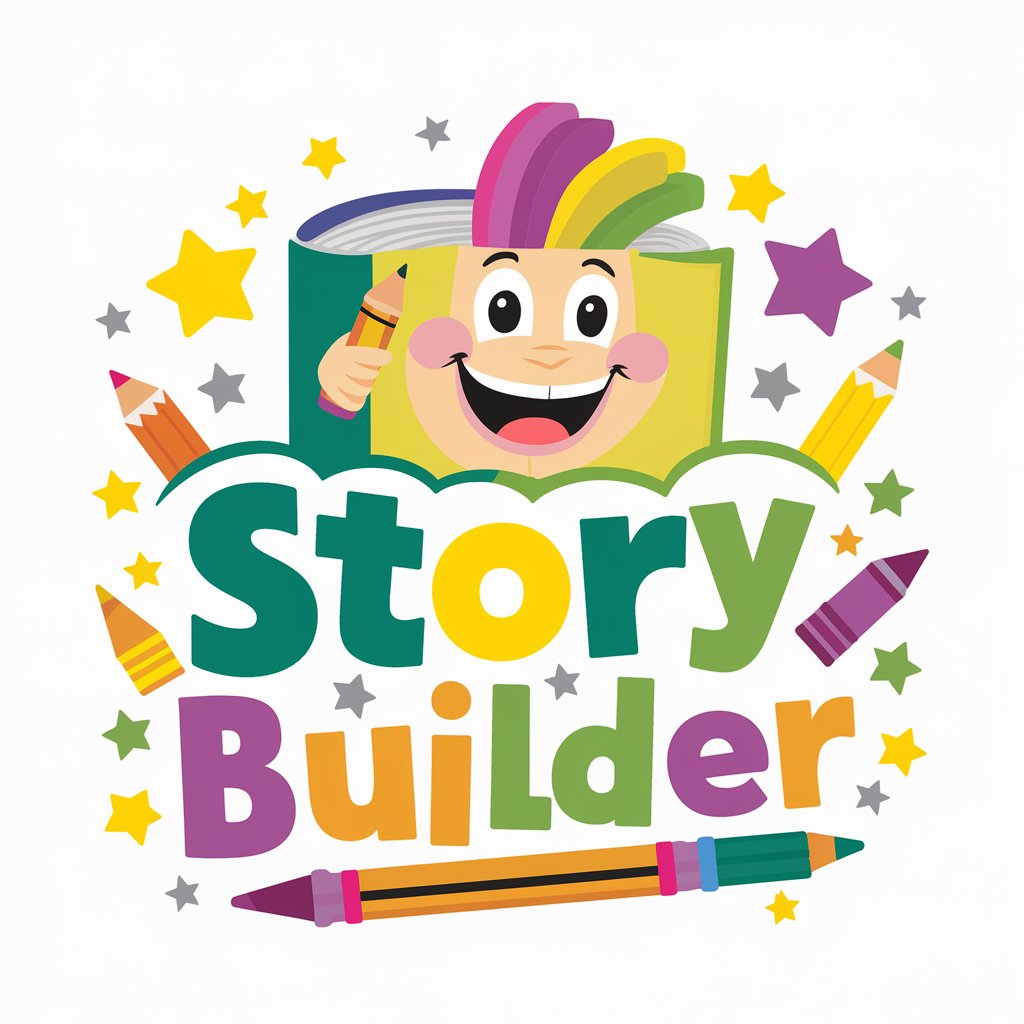
Coffee Canvas
Brewing Insights with AI-Powered Coffee Art

Ma Che Musica Maestro
Empowering your musical journey with AI.

Reply2Tweets
Elevate Your Tweets with AI

GA4 BigQuery Assistant
Unleash AI-Powered Analytics Insights
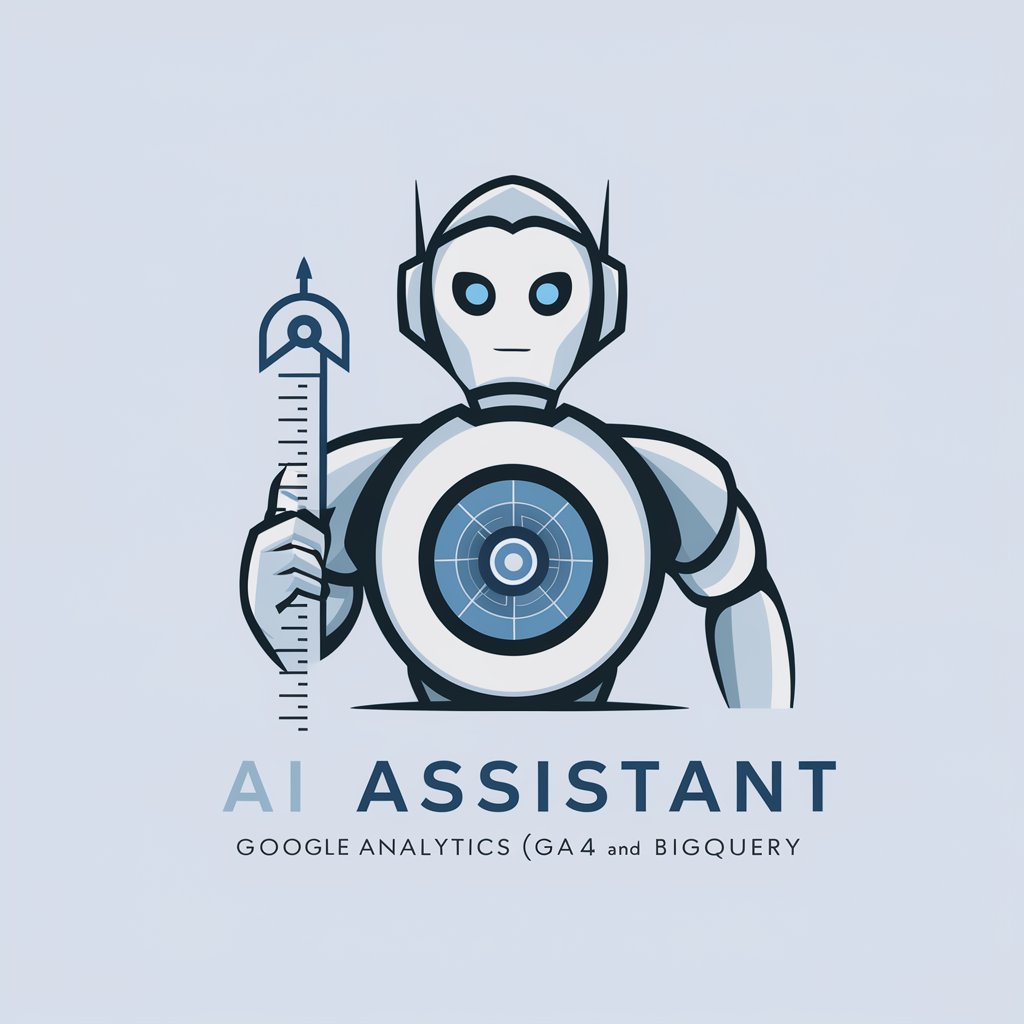
MedGPT: Detailed Q&A
How does MedGPT stay updated with the latest medical information?
MedGPT continuously integrates current medical data from authoritative sources like NCBI Statspearl book and clinical guidelines from reputed organizations such as the WHO, ensuring its information remains accurate and up-to-date.
Can MedGPT assist in diagnosing medical conditions?
While MedGPT provides medically relevant information, it is not designed to diagnose conditions. It should be used as a supplementary tool for understanding medical scenarios, not as a substitute for professional medical consultation.
Is MedGPT suitable for non-medical professionals seeking health information?
Yes, MedGPT is designed to adapt its responses based on the user's background. It offers simpler, patient-friendly explanations for non-professionals seeking health information.
Can MedGPT provide drug interaction information?
MedGPT can offer information on drug interactions, drawing from its access to up-to-date pharmaceutical databases and clinical guidelines. However, for personal medication concerns, consulting a healthcare professional is recommended.
Does MedGPT offer guidance on the latest treatment protocols?
Yes, MedGPT can provide insights into current treatment protocols based on the latest clinical guidelines and research, aiding healthcare professionals in staying informed about recent developments.
